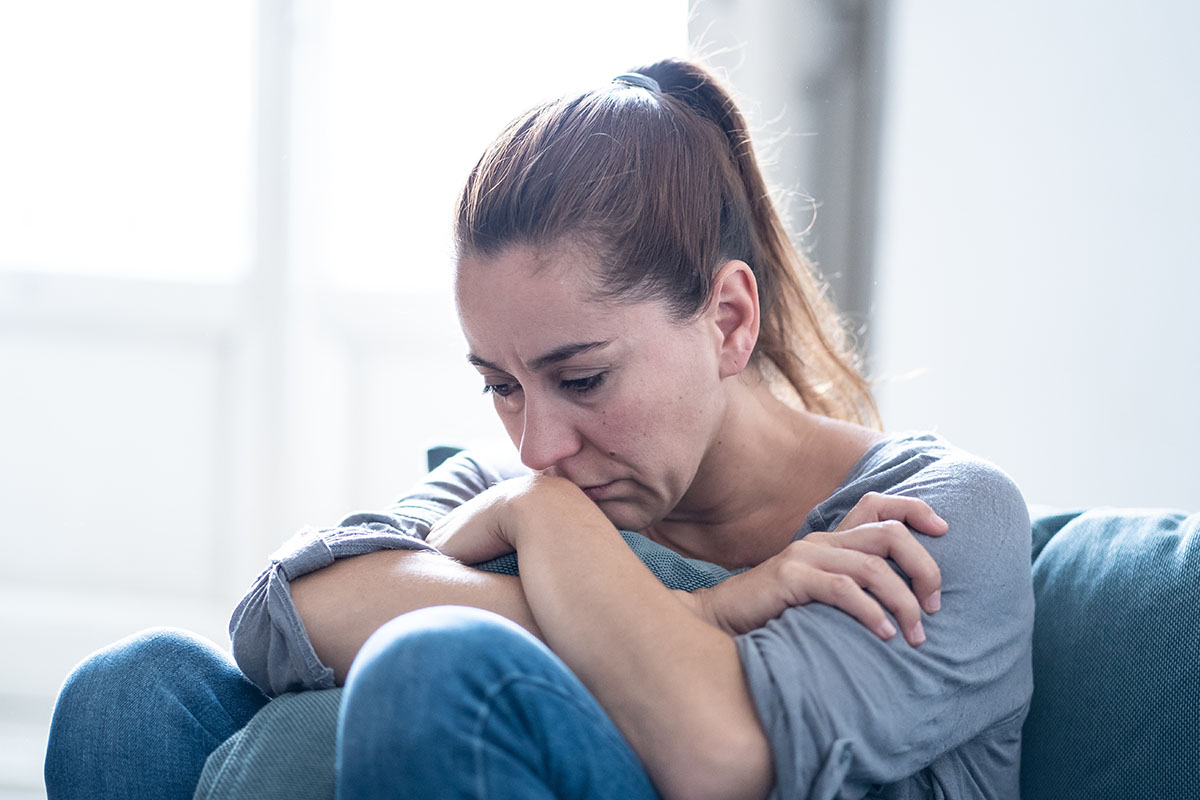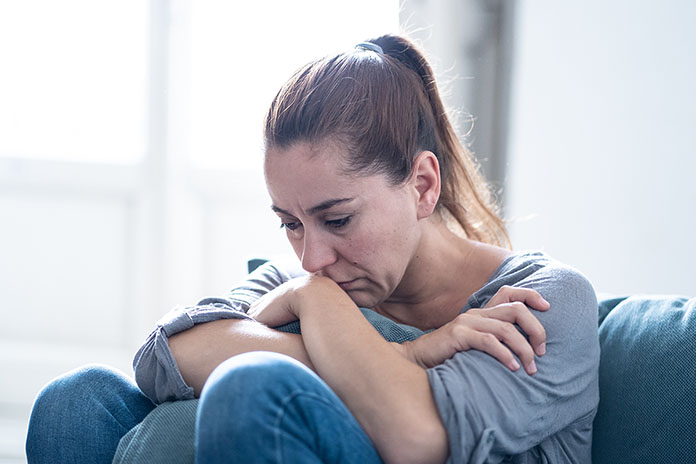
The Covid 19 pandemic is having a global impact, not only in terms of physical health and economic hardship. Equally as devastating is the emotional consequences that come from the loss, isolation, and profound changes that are currently rocking our world.
It’s completely normal to feel fear, sadness, or grief during a time like this. However, many people are also suffering from major depression during this pandemic, which is something more. Depression is classified as a mood disorder, and it can significantly affect your life, as well as the life of the people around you. If you suffer from depression, you have company. According to World Health Organization estimates, approximately 300 million people suffer from depression worldwide, and is a leading cause of disability.
Most people think that depression is about chronic sadness, but many people suffer from depression without actually feeling sad. There are a number of symptoms associated with depression, both emotional and physical. They include:
- Sad, flat, or empty feelings
- Anxiety
- Feeling hopeless or overly pessimistic
- A sense of worthlessness, low self-esteem, guilt, and hopelessness
- A loss of interest in everyday activities or events you once enjoyed
- Fatigue or loss of motivation
- Memory problems or lack of concentration
- Changes in your sleep patterns, such as insomnia, early waking, or oversleeping
- Irritability or restlessness
- A loss of appetite, weight gain or loss, or food cravings
- Thoughts of or attempts at suicide, or thinking about dying
There are a number of different kinds of depression, even though it’s often referred to as a single condition. Having symptoms that are serious enough to limit your ability to function is considered to be major depression. If you experience less severe symptoms over a long period of time, it may be diagnosed as persistent depressive disorder. Seasonal affective disorder is a kind of depression that occurs during the winter and is associated with being exposed to fewer hours of natural sunlight. Additionally, some women experience postpartum depression after labor and delivery, caused by hormonal fluctuations, fatigue, and stress. And depression may appear as a part of bipolar disorder, which is associated with wide swings between episodes of mania and depression.
Scientists are unable to pinpoint an exact cause of depression, but they have uncovered a number of factors that contribute to its development. Childhood abuse, grief, loss, trauma, difficult relationships, genetics, and brain chemistry all may play a role. In addition, health conditions, such as a recent surgery, a cancer diagnosis, Parkinson’s disease, heart disease, and diabetes all may contribute to developing depression.
While anyone can develop depression, it’s more common in women than in men. In addition, women tend to experience different depressive symptoms than men do. Women tend to experience feelings of worthlessness and overall sadness, while men often experience depression as a loss in interest or motivation for enjoyable activities. Men may also become irritable, develop insomnia or other sleep issues, and use alcohol or drugs to self-medicate.
Treating Depression
Medications and talk therapy are typical standard treatments for depression. However, practitioners of Chinese medicine view depression as more than a mental health problem, as they believe that depression affects your entire body and all facets of your life. As a result, treating depression involves addressing a variety of treatment strategies.
Acupuncture can be a first line natural treatment for depression, because it works to heal in a number of ways. It increases the circulation of endorphins in your brain, which are a kind of neurotransmitter that help to regulate your mood, reduce stress, and promote feelings of calm. In addition, your practitioner may add electro-acupuncture to enhance your treatment, which entails stimulating the needles with a painless electrical current. Researchers have found that electro-acupuncture can be as effective as some medications in treating depression.
Herbal medicine may also be a part of treating depression with Chinese medicine. Your practitioner is able to prescribe an herbal formula to extend and support the effects of an acupuncture treatment. There are a number of herbs and herbal formulas that may be effectively used for mental health conditions. Your specific prescription will depend on your unique health history and presenting symptoms.
In addition, a foundation of Chinese medicine is the idea that what you eat and how you live can impact both your physical and emotional health. Your acupuncturist may use food therapy and lifestyle modifications to help support your health and reduce your symptoms of depression. They can help you choose the right foods for your specific needs to address food cravings, enhance your energy, decrease inflammation, and boost your body’s production of serotonin, which is another neurotransmitter that helps to regulate your mood. They may also suggest lifestyle strategies to support your treatments and help reduce your depressive symptoms.
The bottom line is that mental health issues, including depression, are an outgrowth of the Covid 19 pandemic. Fortunately, your acupuncture practitioner can provide a number of therapeutic options to help alleviate your depression. Acupuncture, herbal medicine, stress relief, lifestyle modifications, and food therapy offer effective healing strategies to treat your depression in a gentle, safe, and natural way.

Cindy Chamberlain is an acupuncturist in Overland Park, KS and the founder of Eastern Healing Solutions, LLC. She is licensed in Kansas and Missouri and has been practicing traditional Chinese medicine since 1996.


